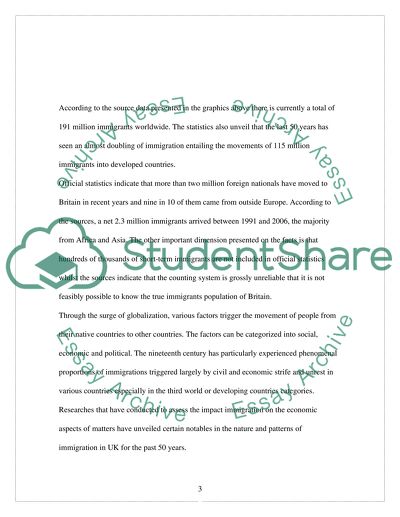Cite this document
(“Immigration in Britain Essay Example | Topics and Well Written Essays - 2500 words”, n.d.)
Immigration in Britain Essay Example | Topics and Well Written Essays - 2500 words. Retrieved from https://studentshare.org/miscellaneous/1509666-immigration-in-britain
Immigration in Britain Essay Example | Topics and Well Written Essays - 2500 words. Retrieved from https://studentshare.org/miscellaneous/1509666-immigration-in-britain
(Immigration in Britain Essay Example | Topics and Well Written Essays - 2500 Words)
Immigration in Britain Essay Example | Topics and Well Written Essays - 2500 Words. https://studentshare.org/miscellaneous/1509666-immigration-in-britain.
Immigration in Britain Essay Example | Topics and Well Written Essays - 2500 Words. https://studentshare.org/miscellaneous/1509666-immigration-in-britain.
“Immigration in Britain Essay Example | Topics and Well Written Essays - 2500 Words”, n.d. https://studentshare.org/miscellaneous/1509666-immigration-in-britain.


